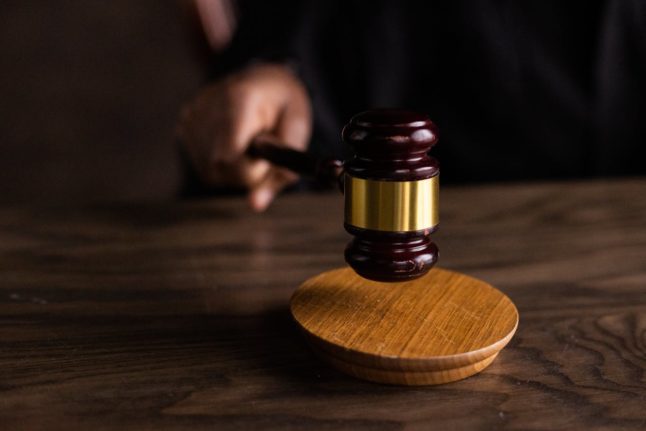Speaking to broadcaster SRF, he said Switzerland and the EU were important to each other – something that was evident at the opening of the Gotthard tunnel last month – and the relationship between the two should not be put in jeopardy.
“Switzerland has signed binding agreements with the EU which only come under serious threat if we do not find an interim solution,” he said.
But each party “must go a bit further” in the other’s direction in order to make an agreement, he added.
Switzerland has until February 2017 to find a way to implement immigration quotas – approved by the public in a 2014 vote – without transgressing its bilateral agreement with the EU over the free movement of people.
If it fails to find a mutually acceptable solution before February, Switzerland could be forced impose a unilateral solution, which could damage its relationship with the bloc and threaten numerous other bilateral agreements between the two.
The negotiations between the two parties – started two years ago – have been made harder, some feel, by Britain’s recent vote to leave the EU.
In its desire not to be overshadowed by Brexit, Switzerland is pushing to find an agreement with the EU before the summer recess.
Though the issue will be decided by the European Commission, not the parliament, Swiss politicians welcomed Schulz’s comments.
An interim solution would “buy us some time” FDP councillor Philipp Müller told SRF.
Various solutions are currently being considered by the Swiss government.
One is that jobs could be advertised directly to workers in Switzerland before being publicized more widely.
Another idea is a safeguard clause which would limit immigration in certain regions and sectors only, a solution favoured by the Swiss president.
But others doubt that would be compatible with the principle of free movement.



 Please whitelist us to continue reading.
Please whitelist us to continue reading.
Member comments